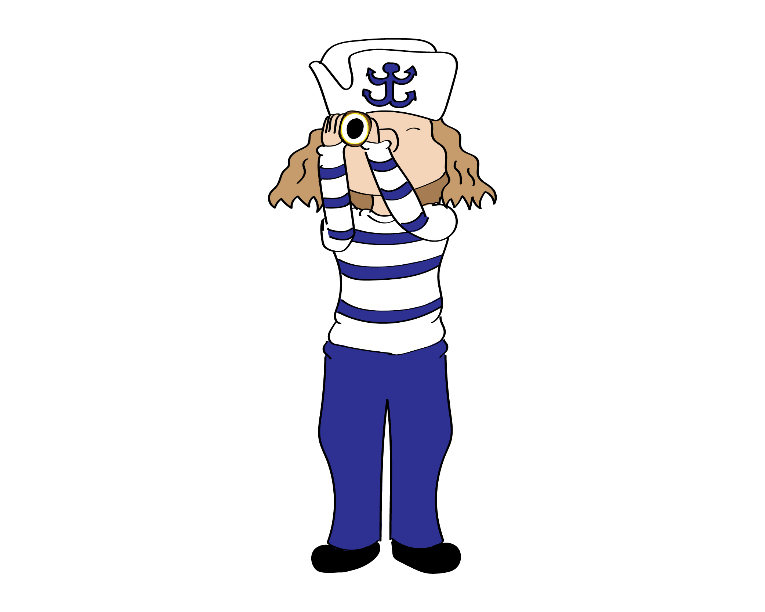St Ann’s Curriculum – Learning Means the World
Curriculum Intent and Rationale
Introduction
St Ann’s Catholic Primary School is a small school in Stocksbridge near Sheffield. There are currently 101 pupils on roll and the school is split into mixed-aged classes: Reception /Y1, Y2, Y3/4 and Y5/6. The school benefits from having good-sized classrooms with a central hall as the hub of the school. Outside, the school is surrounded by plenty of green space including a large field and meadow space, which, the school wants to use more regularly.
Intent
At St Ann’s Catholic Primary School, we want our curriculum to be exciting, and diverse and give our pupils the opportunity for regular hands-on, immersive learning experiences. We want to make sure that the foundation subjects have a strong and defined place on our daily timetable and that they don’t get overlooked. It is important that our curriculum allows our pupils to come across a range of learning approaches so that they successfully learn their curriculum and retain a broad range of knowledge and skills. We see the Learning Means the World curriculum as a curriculum for human flourishing and we recognise the importance of developing human creativity and achievement leading to the development of educated citizens.
Rationale for Implementation
We use Dimensions ‘Learning Means the World’ Curriculum as the main vehicle for achieving our outlined intent.
This curriculum is underpinned by four highly relevant world issues, known as the four Cs:-
Culture
Communication
Conflict
Conservation
Communication
At St Ann’s Catholic Primary School, we see communication as not only a strong part of our curriculum but as an essential life skill that our pupils will need as they continue to grow and learn. We want to instil an ethos of being confident communicators at St Ann’s from being able to ask for help or share needs with others to being able to speak confidently in front of people and engage in debate and discussion. We want our pupils to understand that not everyone communicates in the same way and that we must seek ways to accommodate those who may use non-verbal interactions.
Our curriculum will continue to incorporate opportunities for pupils to communicate their learning through drama, role play and speaking and listening tasks as well as hearing the views of others and see what is happening in the world through initiatives such as Picture News in our assembly time.
It is important that our pupils not only become confident communicators in face-to-face interactions but also through online interactions too. We want our pupils to know how to keep themselves safe online and understand that once something is communicated online, it is very difficult to remove it completely. It is much more permanent online than in real-life.
Culture
Culture and the understanding of it is an intrinsic part of our curriculum. At St Ann’s diversity is vital as we believe that we are all unique in the eyes of God and we recognise that it is one thing we all have in common. We want our curriculum to teach our pupils that we do not judge others and that we accept everyone’s cultures, traditions, ethnicities, races and family set-ups. We recognise that our pupils are growing up in a predominantly white British community but we want to ensure that they have a broad and accepting view of the world and develop progressive, non-biased ideals.
Whilst broadening our pupils’ horizons to other cultures and traditions is crucial, we also want our Learning Means the World curriculum to support our pupils in understanding their own culture and traditions. It is important that they have a good sense of ‘self’ in knowing where they come from, where their families are from and how the local history of the area has shaped the place they are growing up in.
Conflict
In our school, it is important that our pupils recognise that conflict occurs in everyday life, both on small and large scales. We want our pupils to know what conflict looks like and how it feels but in a positive way, for example, knowing how to deal with negative emotions during an argument without it leading to fighting or further upset. It is essential that our pupils know how to listen to other people’s points of view and accept that sometimes, they may be the one who is in the wrong.
As our pupils move through the school, we want them to see how conflicts can progress from small fallings out to larger global conflicts and how often they both can stem from a lack of understanding of another person’s point of view or beliefs and poor communication skills.
At St Ann’s, we want to continue our school visits to the Houses of Parliament so our pupils can see how political debates and contentious issues are discussed and bring some of those skills back into our classrooms.
Conservation
At St Ann’s, we feel that conservation is a world issue that we already have strong connections with. We have several initiatives running in school to support conservation issues such as recycling plastics, uniforms and pens to name but a few. Our pupils are aware of a wide range of conservation charities and projects that are occurring both locally and globally. Our curriculum will continue to support our pupils in their understanding by allowing them to use what they know to find out more about conserving our locality, country and planet and develop their awareness of how they can better look after it as they grow up. We want our pupils to also know that conservation is more than just recycling but it is the idea of regeneration and improvement in looking after things.
Our curriculum narrative begins with Communication because to be able to be successful in the other three world issues, our pupils need to be able to use a range of communication skills. We want, from the start, to support our pupils in being able to communicate confidently and hear other points of view so that they can understand and connect with people from their own and other cultures. This then naturally leads us in to Culture. By listening to others with an open mind, our pupils can develop a sense of respect and tolerance of people, races, ethnicities and cultures that are different to their own and thus help to prevent Conflict. It is crucial that our pupils know that good communication skills and a positive approach to culture can ensure that conflict does not occur but conflict does happen and these disagreements can have both minor and major consequences. We will finish our year with Conservation as it is important to recognise that a number of global conflicts have and continue to be, based around conservation issues. It is essential that our pupils consider ways in which they can make a difference in looking after the environment, their culture and St Ann’s values before they take the next step into their new school year or beyond.
We also encourage our pupils to have high aspirations by teaching them about human creativity and achievement through additional Competency Units about famous figures and groups of people that focus on Creativity, Commitment, Courage and Community.
The Big Picture
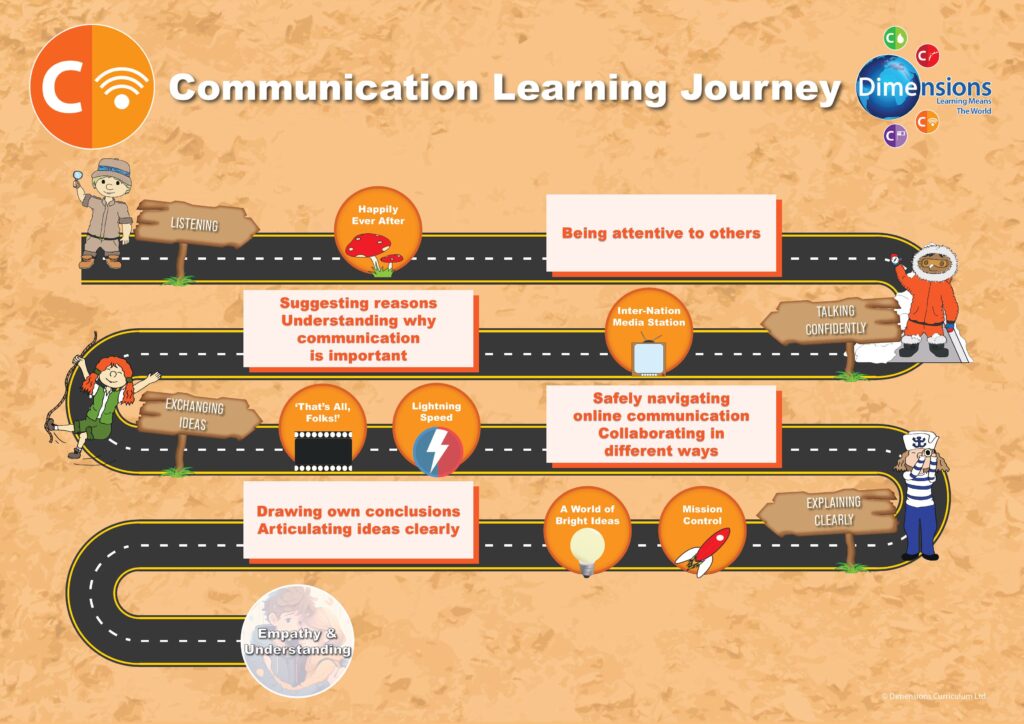
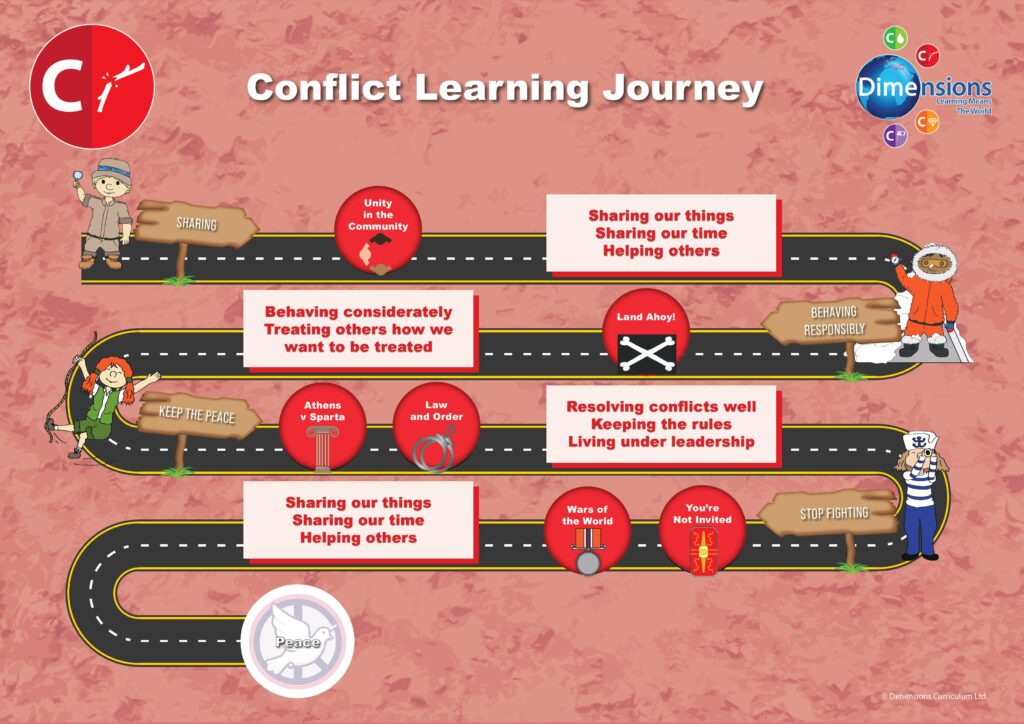
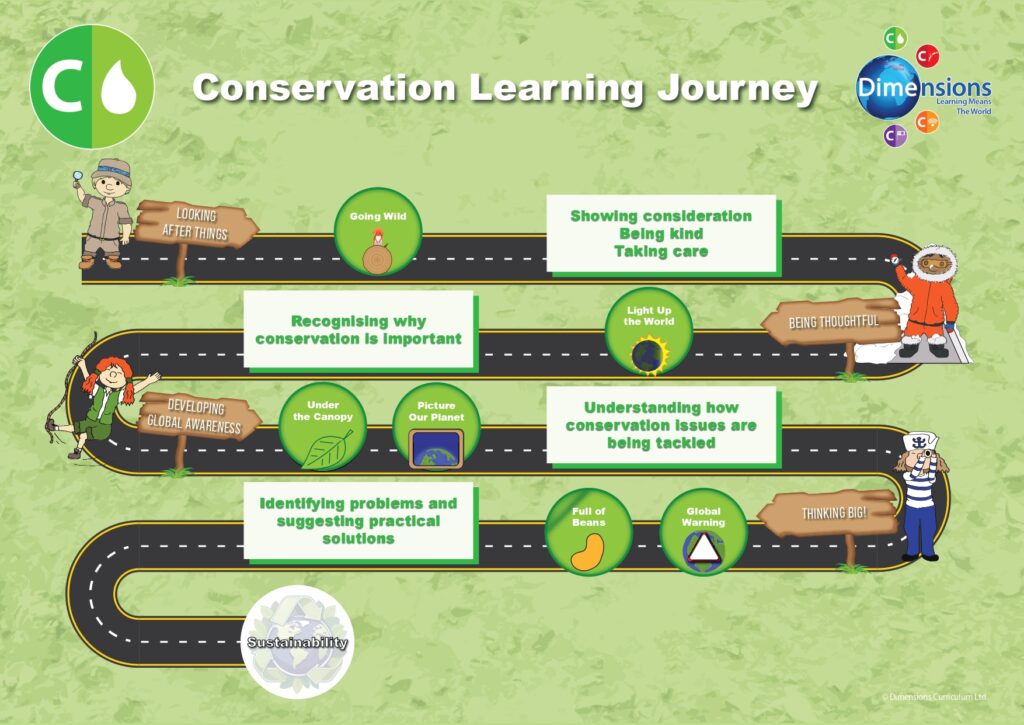

Learning Pathways
EYFS Long term Planning
EXPLORERS RECEPTION
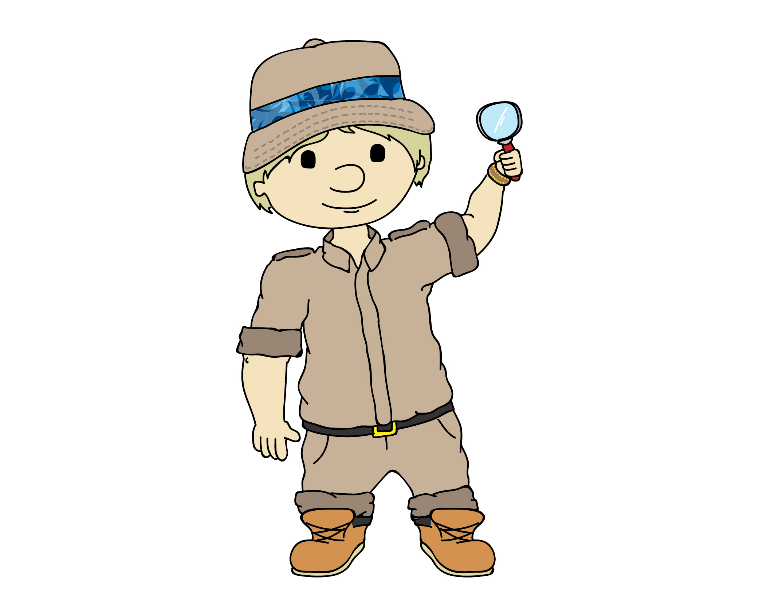
EXPLORERS YEAR 1

PATHFINDERS YEAR 2

ADVENTURERS YEAR 3 & YEAR 4
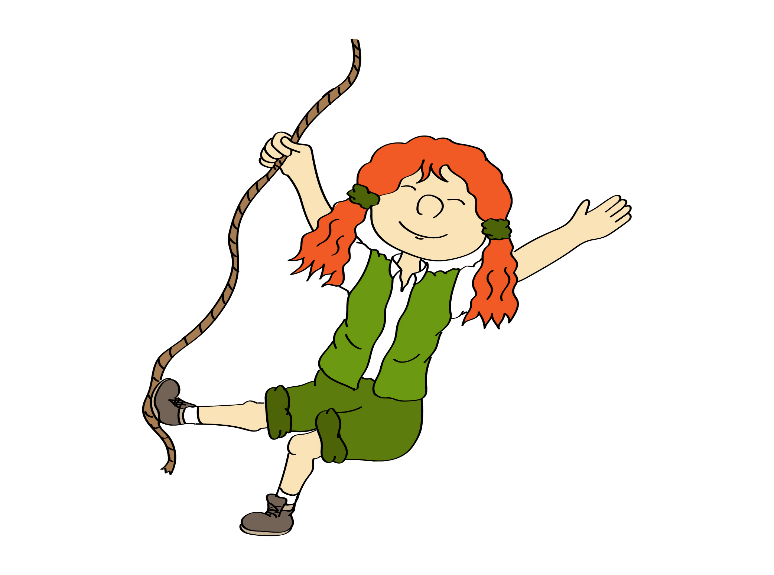
NAVIGATORS YEAR 5 & YEAR 6
